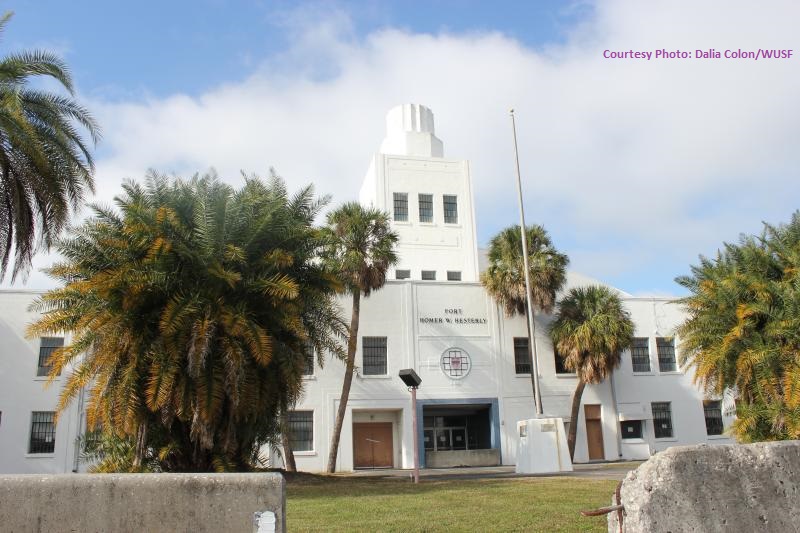Tampa civil rights activist remembers King's visit to town
Tampa, Florida - Clarence Fort will never forget how he felt as a young man in his 20's in the audience watching as Martin Luther King, Jr. delivered a dynamic speech in Tampa on November 19, 1961. Fort says it was very special. "You could see people all dressed up in their Sunday best. Well, it was just very motivating and it gave you the sense that you really wanted to go out and do something - you wanted to demonstrate. You didn't worry about whether you might lose your job - but you just wanted to go for the equal rights.” Martin Luther King, Jr. spoke at the Fort Homer Hesterly Armory, which is located at 522 N. Howard Avenue in Tampa. Fort says 5,000 people showed up for the evening event. He adds that King's speech made a real impact on him. Clarence Fort was already a part of the civil rights movement. As president of the N.A.A.C.P. Youth Council, he'd organized the first lunch counter sit-ins in Downtown Tampa, which started on February 29, 1960, nine months before King's visit to the Bay area. Fort says, "Our eyes did not begin to come open until Dr. King came into town and he started telling us about the injustices that, as a race of people, we faced every day." He says King's speech was timely because, despite the gains they'd made integrating the lunch counters they still had work to do. "Well, we were still working on the beaches...trying to integrate the beaches. There were wade-ins that we were having and the theatre was coming around. We had the lunch counters that were integrated but we had not gotten the sit down restaurants to integrate." On top of that, he said real jobs for African-Americans were scarce at the time. "At that time, there were no clerks, there were no telephone operators, and there were no managers. There was nothing. The only thing you could be in Tampa was janitorial. You could be a maid.”

